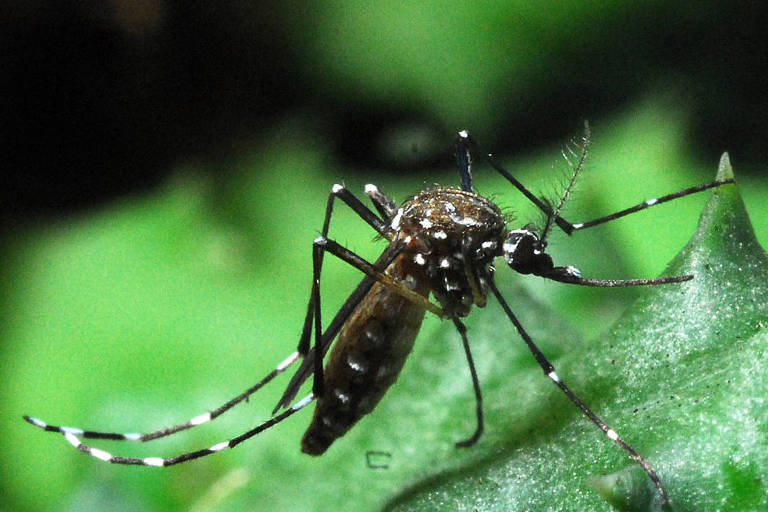The number of cases of dengue, zika and chikungunya, diseases transmitted by the mosquito Aedes aegypti, increased in Brazil this year. In all, the three viruses caused 650 deaths as of December 30, 2018, and August 24, 2019. The Southern region had the highest percentage increase in new cases of the three diseases.
Dengue cases increased the most, with a jump of 599.5% over the same period in 2018. As of August 24, there were 1,439,471 cases diagnosed in Brazil — or 690.4 cases per 100,000 population— and 591 deaths. Throughout 2018, 205,791 cases were recorded, according to the Ministry of Health.
In São Paulo, the state with the sharpest increase, the number of cases is 37 times higher than the previous year, jumping from 11,475 to 437,047 cases. In Paraná, the jump was 3,563%.
The advance of dengue in Brazil occurs after two years of decreases in the disease (2017 and 2018). In May this year, a survey made by the Ministry of Health at the request of Folha found that at least 965 cities in the country had an incidence rate above 300 cases per 100,000 inhabitants.
One of the possible reasons for the significant increase in cases is the circulation of a dengue virus subtype that had a low predominance in the last decade, subtype 2. According to the ministry's analysis, 84% of dengue cases by April 2019 were caused by this type.
Translated by Kiratiana Freelon
